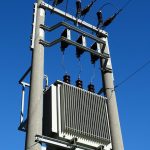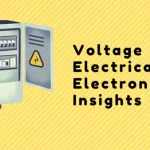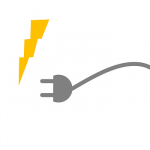Electrical Cable: Types, Electrical Standards & Proper Sizing
Electrical Cable is essential components in both electrical and data communication systems, serving as the conductors through which current or data flows. They come...
What is a Different Types of Capacitors and Applications
Capacitors are fundamental components in both electrical and electronics systems, widely used in circuits for storing and regulating electrical charge. From paper capacitors to...
Construction of Transformer: Structure, and Components
The construction of a transformer is key to its function in electrical systems, enabling the transfer of electrical power between circuits through electromagnetic induction....
Electric Power Transmission and Distribution System
The electric power transmission and distribution system is essential for delivering electricity from power stations to consumers. This complex network ensures that power generated...
What is Smart Grid Technology: Features and Benefits
Smart grids represent the future of efficient and sustainable energy management. By integrating advanced technologies like SCADA, IoT, and machine learning, smart grids can...
What is Discrete-Time Signals and Systems
Discrete-time signals play a vital role in modern signal processing, offering specific values at distinct points in time. Unlike analog signals, which provide continuous...
What is a Digital Signal: How Electrical Signals Form Logic
Digital signals play a crucial role in modern electronics by converting electrical signals into logical patterns of 1s and 0s. Unlike analog signals, which...
What is Analog Signal: Continuous Change in Time and Voltage
Analog signals are an essential concept in both everyday life and the world of electronics. These signals represent continuous variations in physical quantities like...
Resistor Color Code Measurement: A Complete Guide
Resistor Color Code Measurement is an essential skill for anyone working with electronics. In today’s digital world, digital multimeters have become the go-to tool...
AC vs DC Electric Shock: Which is More Dangerous?
AC vs DC Electric Shock: Which is More Dangerous? Electric shocks can vary in intensity depending on the type of current—AC or DC—and several...
Auto Transformer: Structure and Working Principle
Auto Transformer differs slightly in structure compared to regular transformers. Understanding these differences is essential. In this article, we will explore the structure and...
Explanations of Short Circuit, Open Circuit & Closed Circuit
Short Circuit, Open Circuit, Closed Circuit are fundamental concepts in the study of electrical circuits. Understanding these terms is crucial for anyone learning about...








